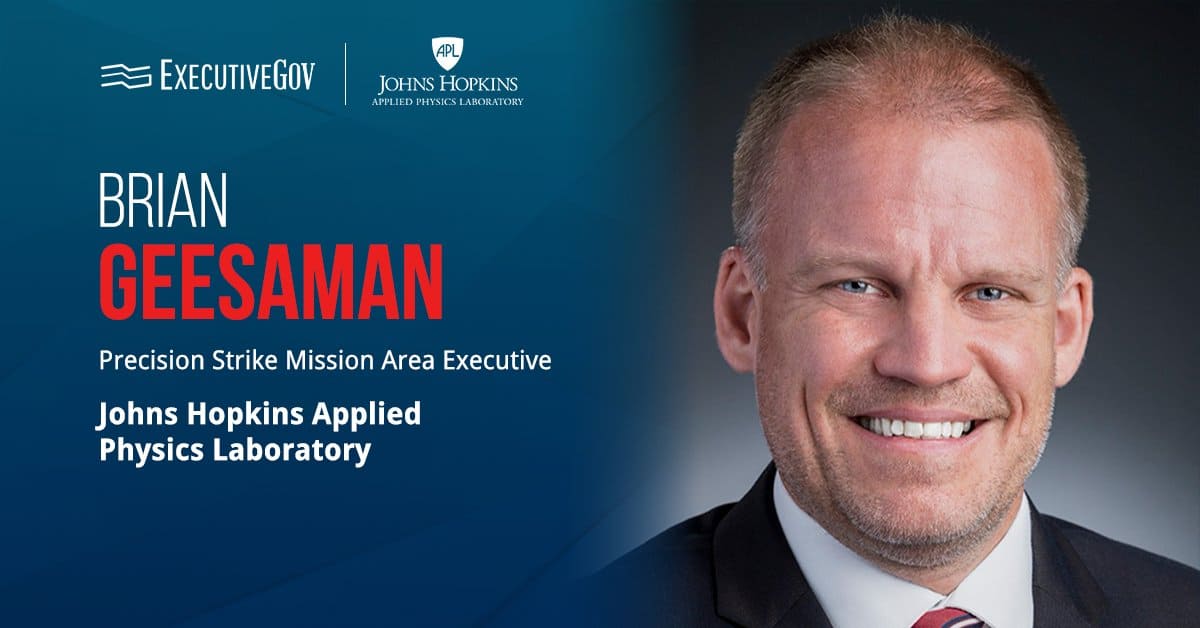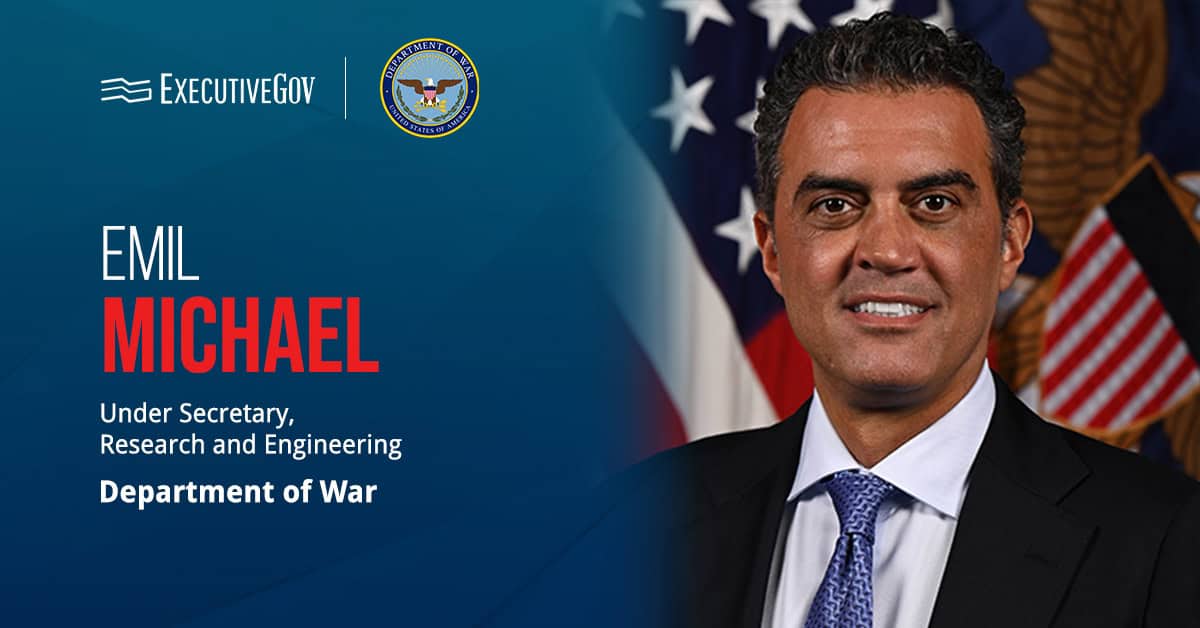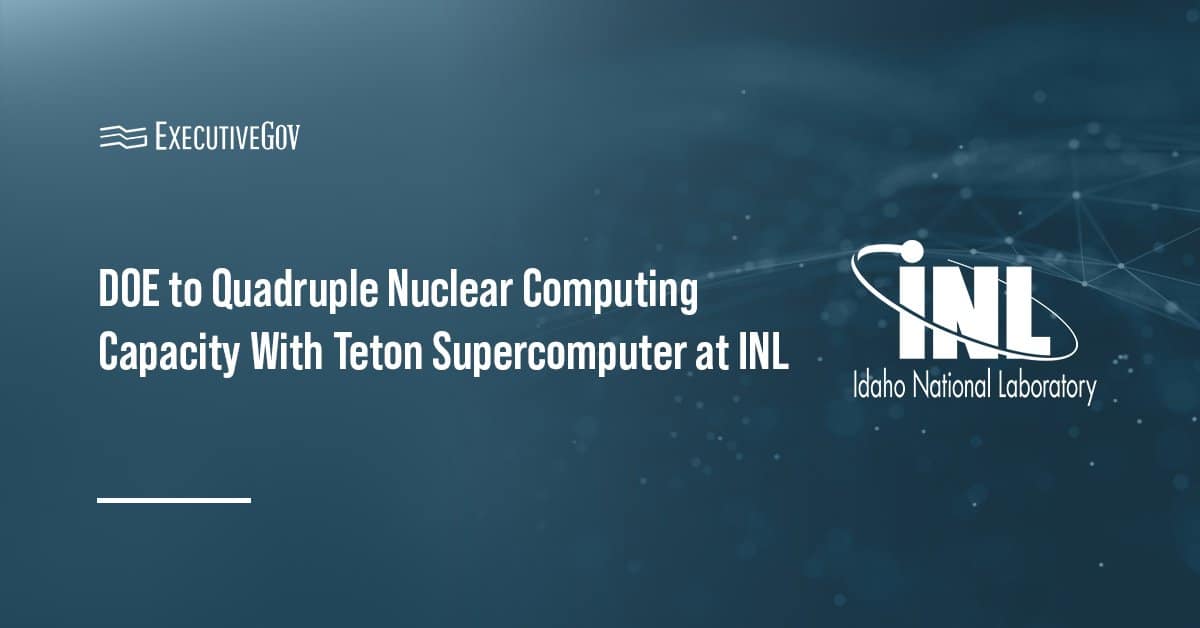The President’s Council of Advisors on Science and Technology has unveiled a working group tasked with developing new approaches to safeguarding digital and physical systems of the U.S. critical infrastructure sector from cyberthreats.
In an announcement posted Wednesday, PCAST said it is requesting public input on how the working group on cyber-physical resilience can boost the survivability of mission-critical systems in the face of cyberattacks, software glitches, supply chain disruptions, natural disasters and other events.
PCAST seeks to consult experts from the public and private sectors and academia on how to maintain the resiliency of operations in degraded states and develop a framework for adopting secure digital systems.
The working group comprises PCAST members and other experts, who will work with external sources to formulate recommendations to the president over the next six months.





